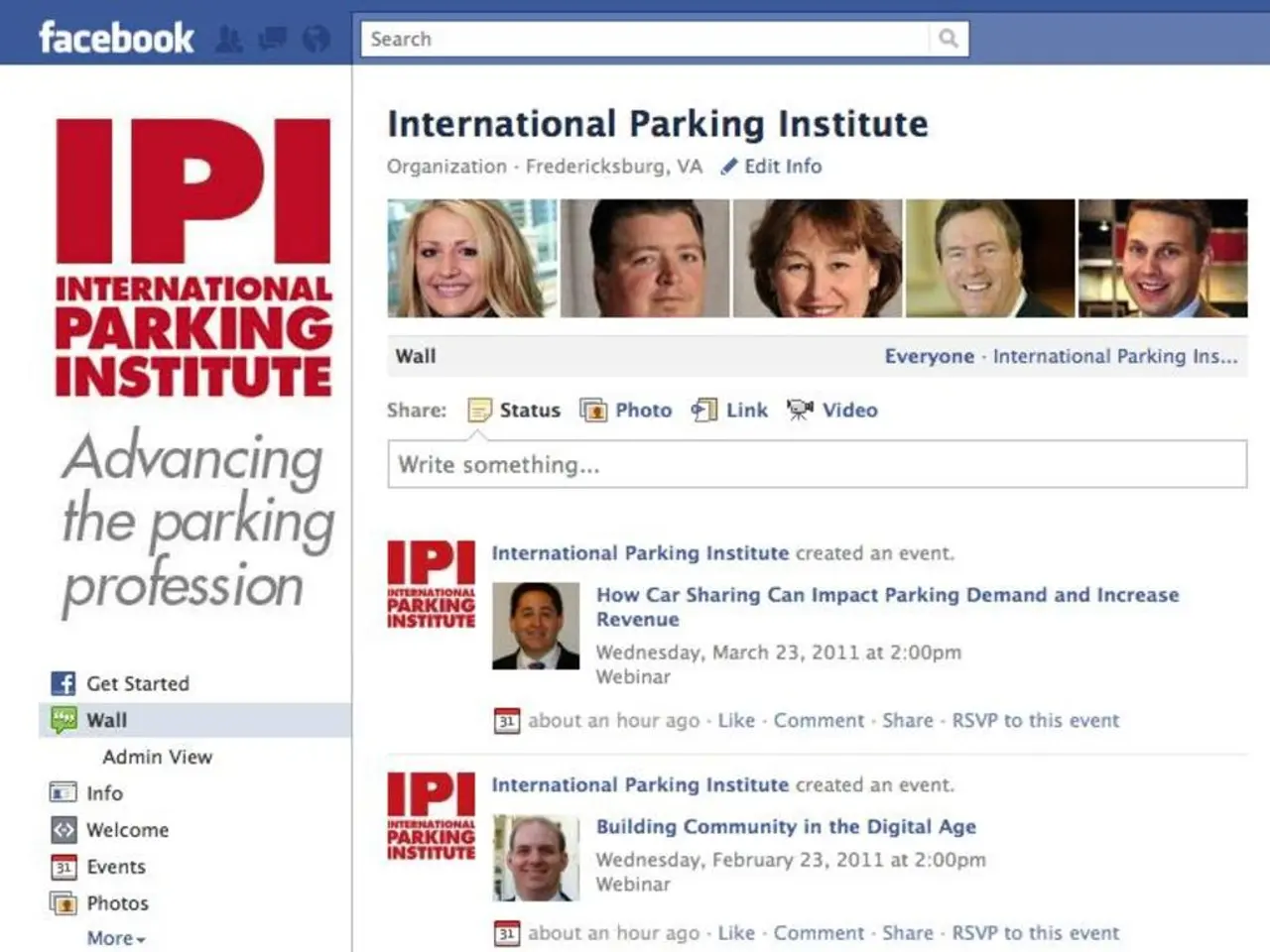Relationship Burden: Definition and Why it Typically Remains Unseen
In modern dual-income families, ownership of tasks rather than shared participation can lead to less stress and more satisfaction [Carlson and Petts, 2020]. However, the mental load—the cognitive effort involved in managing household tasks, schedules, and childcare logistics—often falls disproportionately on women, even in two-income households.
To address this imbalance, effective strategies can be employed. Collaborative communication is key. Partners should openly discuss and acknowledge the mental load one partner might be carrying, as the other may be unaware. This shift from a martyr or unilateral effort mindset to teamwork can alleviate the burden [2].
Equally distributing cognitive labor and childcare responsibilities is another crucial step. Research shows that women, especially mothers, bear a disproportionate mental load, leading to emotional exhaustion. Sharing these tasks more fairly reduces stress and improves emotional well-being [4].
Setting boundaries is also essential. Saying no to draining commitments and limiting activities that exacerbate stress can preserve mental energy for the relationship and personal health [1]. Small confidence-building practices, such as sharing struggles vulnerably with friends or partners, can build emotional resilience and reduce feelings of isolation [1].
These strategies can have significant impacts on emotional well-being and gender equality. Equalizing cognitive labor and childcare responsibilities decreases emotional exhaustion, improving partners' coping skills and mental health [4]. Relationship stability and satisfaction can also be improved through positive psychological strategies, such as adopting positive illusions (seeing a partner or relationship in a more favorable light) [3].
Addressing unequal mental load challenges entrenched gender norms in heterosexual relationships. When mental and emotional labor is balanced, women experience better work-life outcomes and less burnout, contributing to more equitable partnerships [4].
Gender socialization significantly contributes to the ongoing mental load inequality. Rearranging social expectations and embracing emotional partnership and physical contribution are necessary for a balanced mental load [Conclusion].
France has led the way in this conversation, with a national discussion of mental load following the viral comic "You Should've Asked" by French artist Emma [Case Study]. In a 2021 Ipsos survey in France, 65% of couples reported increased awareness of the mental load, while 23% reported that they had reorganized tasks actively after being exposed to the concept [Case Study].
Educational workshops and counselling sessions on cognitive load-sharing can be helpful. Enabling policies for work, such as paid parental leave, flexible working time, and the acknowledgement of family responsibilities, can also help balance mental load [Paragraph 6].
However, if mental load is consistently overlooked or unfairly borne, it can produce resentment and tension within a relationship. Regular check-ins regarding emotional and logistical issues encourage balanced decision-making and avoid mental overload during a crisis.
Mental load consists of four different mental processes: anticipating needs, recognizing possibilities for fulfilling those needs, deciding on the appropriate action, and monitoring what happens as a result. By making the invisible visible through explicitness, naming, and mindful redistributing of mental load, couples can construct healthier and more equal relationships [Conclusion].
- By acknowledging and redistributing mental load responsibilities more equitably, partners can foster improved mental health and a more balanced work-life relationship – a move that directly challenges traditional gender norms in relationships.
- Efforts in promoting mental health and well-being extend beyond relationships, as a focus on mental load requires a broader cultural shift that embraces emotional partnership and physical contribution in society, particularly in domains such as health-and-wellness, lifestyle, and relationships.




